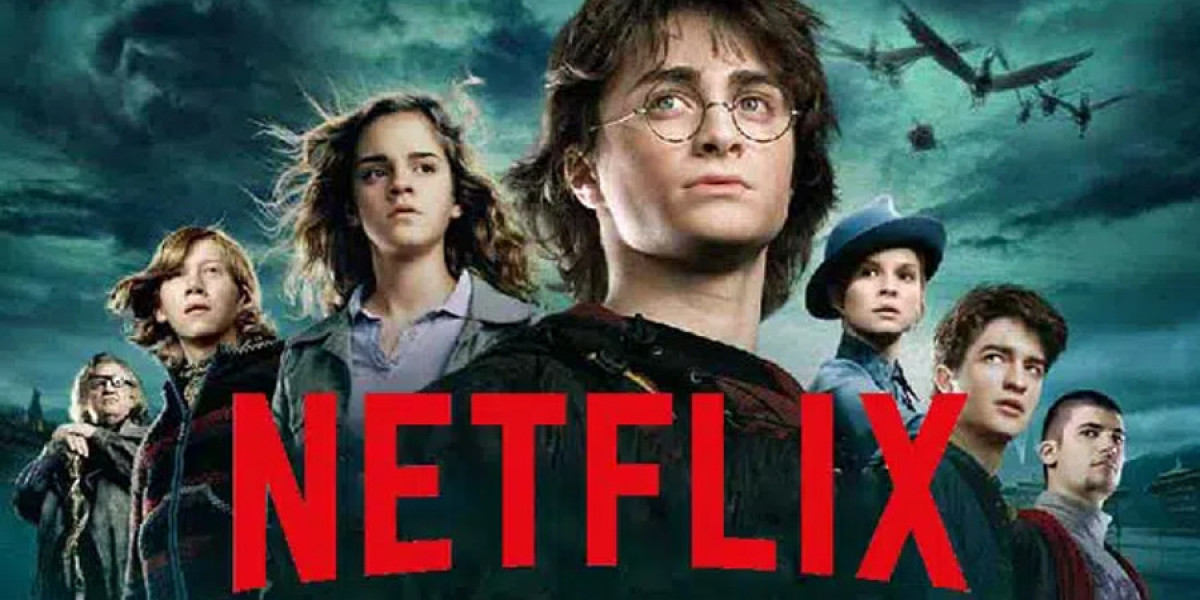A New Frontier in Gambling
Once echoing with the clink of whiskey glasses, the clatter of poker chips, and the creak of swinging saloon doors, the Wild West was a place of high stakes and raw ambition. Revolution Casino was as much a part of frontier life as shootouts and gold rushes. Fast forward to the digital age, and the spirit of risk-taking hasn’t disappeared—it’s simply traded dust-laden saloons for the neon glow of online platforms. The evolution from physical poker tables in frontier towns to sprawling digital casinos is more than a tale of technological progression—it's a reflection of how culture, commerce, and entertainment have collided to reshape the gambling experience in the 21st century.
The Saloon: Birthplace of the American Gambler
The American West during the 1800s was a volatile, ever-changing landscape, filled with opportunity and uncertainty. Amid the tumult of gold mining, cattle driving, and railroading, saloons emerged as communal havens. These weren’t just watering holes—they were multifunctional hubs where business was done, deals were struck, and fortunes were made or lost at the turn of a card.
Poker, faro, blackjack, and dice games were staples. These games not only entertained but created legends. Figures like Wild Bill Hickok, Doc Holliday, and Bat Masterson were gamblers as much as they were gunslingers. Saloon gambling wasn’t just tolerated—it was romanticized, woven into the very fabric of Western mythology.
Yet, while saloons were iconic, they were also exclusive. Only those physically present could participate, and often, the stakes went beyond just money—honor and survival were frequently on the table.
The Decline of Physical Gambling Outposts
As the frontier closed and the American West was gradually tamed, the saloon culture began to dwindle. Prohibition in the early 20th century marked a critical blow to the traditional saloon, and while gambling persisted in underground clubs or moved to organized venues like Las Vegas, the mystique of the Wild West gambler faded into nostalgia.
Still, gambling evolved. Brick-and-mortar casinos arose in glittering urban centers, often adopting themes that paid homage to their saloon ancestors—old-timey décor, rustic architecture, and cowboy imagery. However, these were carefully manufactured experiences, far removed from the raw, unpredictable energy of the original frontier establishments.
Enter the Digital Gold Rush
Just as the 1800s were defined by a rush for precious metals, the late 20th and early 21st centuries brought about a new kind of scramble—the race for digital dominance. The birth of the internet in the 1990s set the stage for a revolution in gaming, commerce, and social interaction. Unsurprisingly, gambling was one of the first industries to capitalize on this brave new world.
Online casinos emerged as early as 1994, starting with primitive graphics and basic functionality. But it wasn’t long before the industry saw an explosion in popularity. Faster internet speeds, mobile technology, and increasingly sophisticated software led to immersive digital platforms that could rival, and even surpass, their land-based counterparts.
The Allure of the Virtual Casino
Why did online gambling capture the imagination of modern players so completely? The answer lies in its unmatched convenience and accessibility. No longer did one need to don boots, mount a horse, or even hop a flight to Vegas. With just a few taps, anyone could enter a digital casino offering a spectrum of games once confined to the saloon.
From video slots drenched in cinematic effects to live-dealer tables mimicking the real-time dynamics of brick-and-mortar gameplay, online platforms became the new epicenters of chance and fortune. Algorithms replaced card dealers, and RNGs (Random Number Generators) stood in for the shuffle of a dusty deck.
More importantly, this digital reincarnation democratized gambling. Anyone, regardless of geography or social status, could take a seat at the table—figuratively speaking—and try their luck. This inclusivity echoed the egalitarian, though lawless, nature of the original Wild West.
The Cowboy Goes Digital
The archetype of the lone Western gambler—cunning, stoic, risk-loving—hasn’t vanished. It’s merely evolved. Today’s digital cowboy rides not on horseback, but on bandwidth. Their revolvers are replaced by routers, and their poker face is now an avatar.
Online casinos often adopt Western aesthetics to tap into this enduring mythology. Games with themes of gold mining, duels, train heists, and outlaws are immensely popular, not just because they are visually engaging, but because they resonate with the gambler's soul: the thrill of the chase, the defiance of odds, and the dream of untold riches.
In a sense, the online gambler is still chasing the horizon—only now, it’s a virtual one.
Technology as the New Dealer
Artificial Intelligence, blockchain technology, and virtual reality are redefining the online gambling experience even further. AI enhances customer service and game personalization. Blockchain adds layers of transparency and decentralization, making online casinos more trustworthy than ever before. Virtual reality transports players into fully realized 3D saloons, where avatars can interact, bluff, and bet just like their Wild West predecessors.
The line between reality and simulation continues to blur, creating a layered experience that feels both nostalgic and futuristic. Players can explore VR environments that replicate a 19th-century bar, complete with swinging doors, smoky air, and clinking glasses—except it’s all code, rendered in pixels and light.
Social Gambling and the Return of the Community
In the old saloons, gambling was as much about socializing as it was about winning. Online platforms have begun to recapture this communal feel through chat rooms, multiplayer tournaments, and live-streamed events. The isolation that once defined digital gambling is now being replaced with interactive features that bring people together across continents.
Gamblers form communities, share strategies, and even build rivalries, reminiscent of the camaraderie and competition of old saloon patrons. The spirit of the frontier—adventurous, daring, and unrelentingly social—is alive and well in these modern digital enclaves.
Regulatory Taming of the Digital West
Much like the lawless frontier eventually saw the rise of sheriffs and statutes, the online gambling world has also faced increasing regulation. Countries and states have established legal frameworks to govern digital casinos, ensuring fair play, protecting vulnerable users, and collecting tax revenues.
Licensing bodies have become the modern marshals, scrutinizing platforms for compliance. Encryption protocols protect users' data like armed guards once protected stagecoaches. What began as a wild, unregulated experiment has become a sophisticated industry operating under the eyes of vigilant authorities.
This transformation mirrors the historical arc of the Wild West itself—an untamed wilderness giving way to structure, legitimacy, and sustainability.
The Road Ahead: A Digital Sunset or New Dawn?
As technology continues to evolve, so too will the digital casino frontier. Augmented reality, haptic feedback, and AI-generated narratives hint at experiences far richer than anything currently available. Players might one day step into immersive worlds where every decision, every hand dealt, and every interaction is part of a larger story-driven experience.
Will the digital cowboy continue to ride into uncharted territories? Or will regulatory forces, economic pressures, and changing cultural tastes bring about a new era altogether?
One thing is certain: the essence of gambling—the human attraction to risk, reward, and storytelling—will never fade. Whether under a saloon chandelier or LED screen, the cards will always be dealt, the dice rolled, and the frontier explored.
Conclusion: The Legacy of the West Lives On
From dusty saloons lit by lantern light to sprawling online platforms pulsing with digital energy, gambling has undergone a remarkable transformation. Yet the core themes—risk, community, excitement, and rebellion—remain strikingly consistent. Online casinos didn’t erase the spirit of the Wild West; they inherited it, refined it, and propelled it into a new dimension.
Today’s gamblers may not wear spurs or shoot Colt revolvers, but they’re cut from the same cloth as their 19th-century counterparts: bold, curious, and forever chasing the thrill of the unknown.
The Wild West may have vanished from the map, but it’s alive and well in cyberspace—alive in every click, bet, bluff, and big win. The saloon doors may have closed, but the screen is always open.








